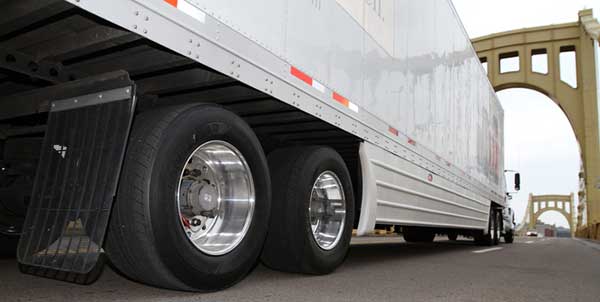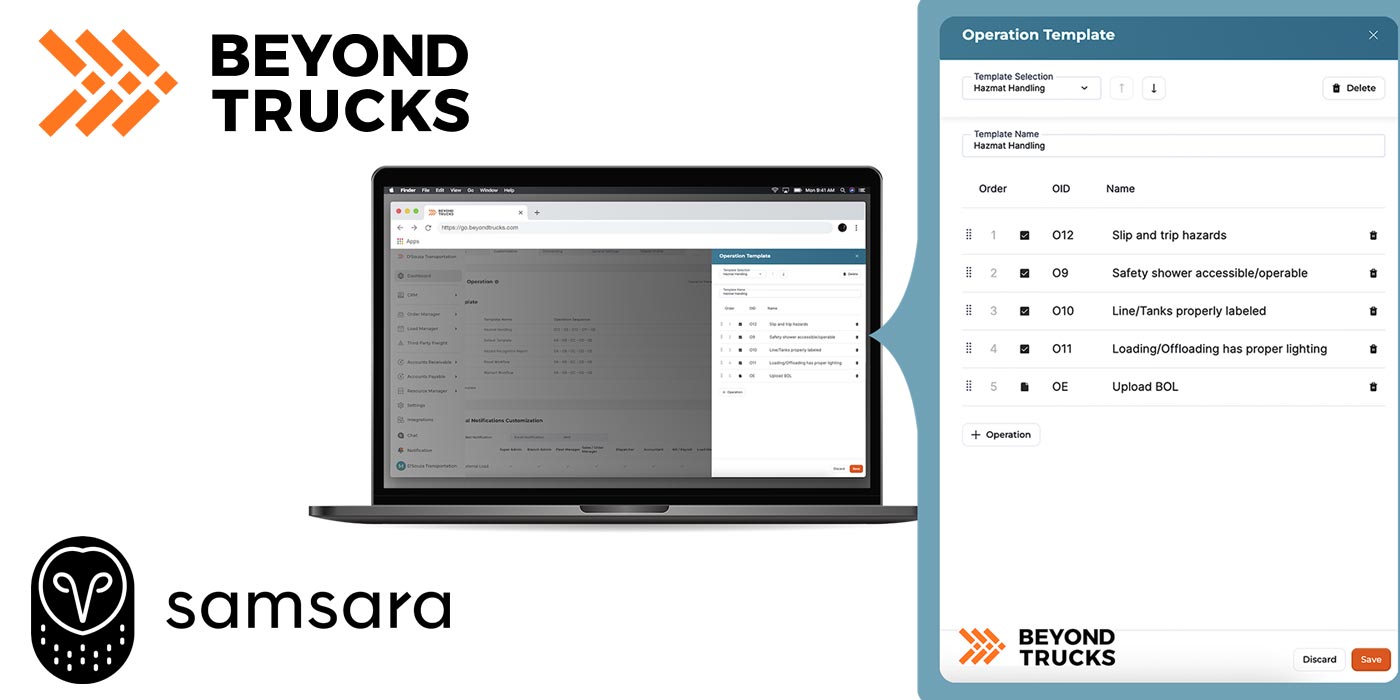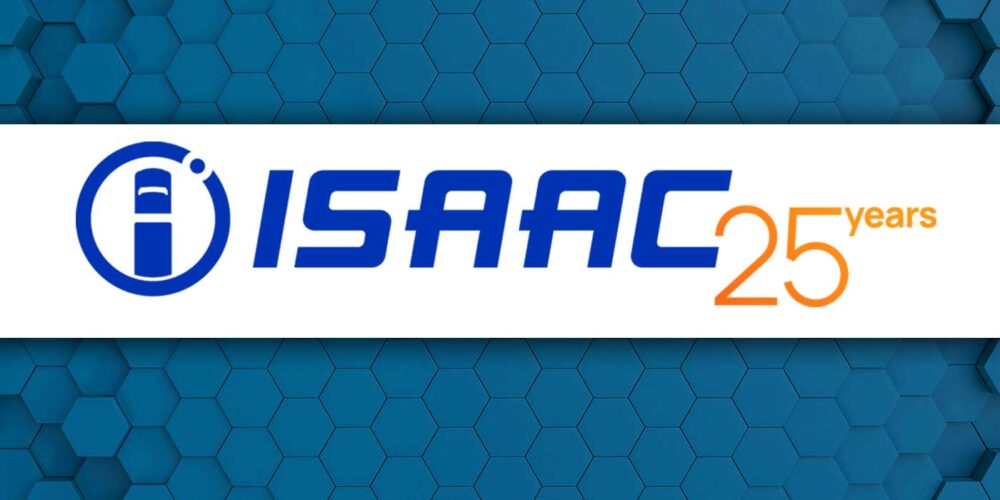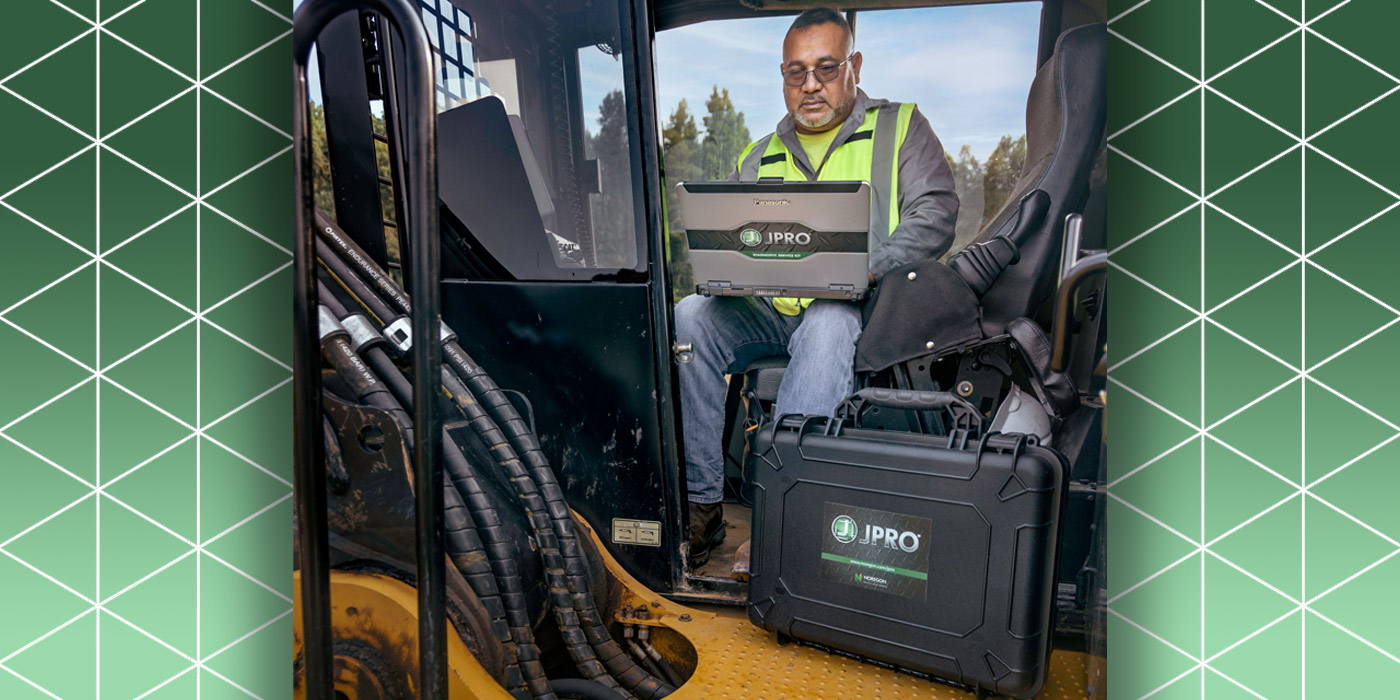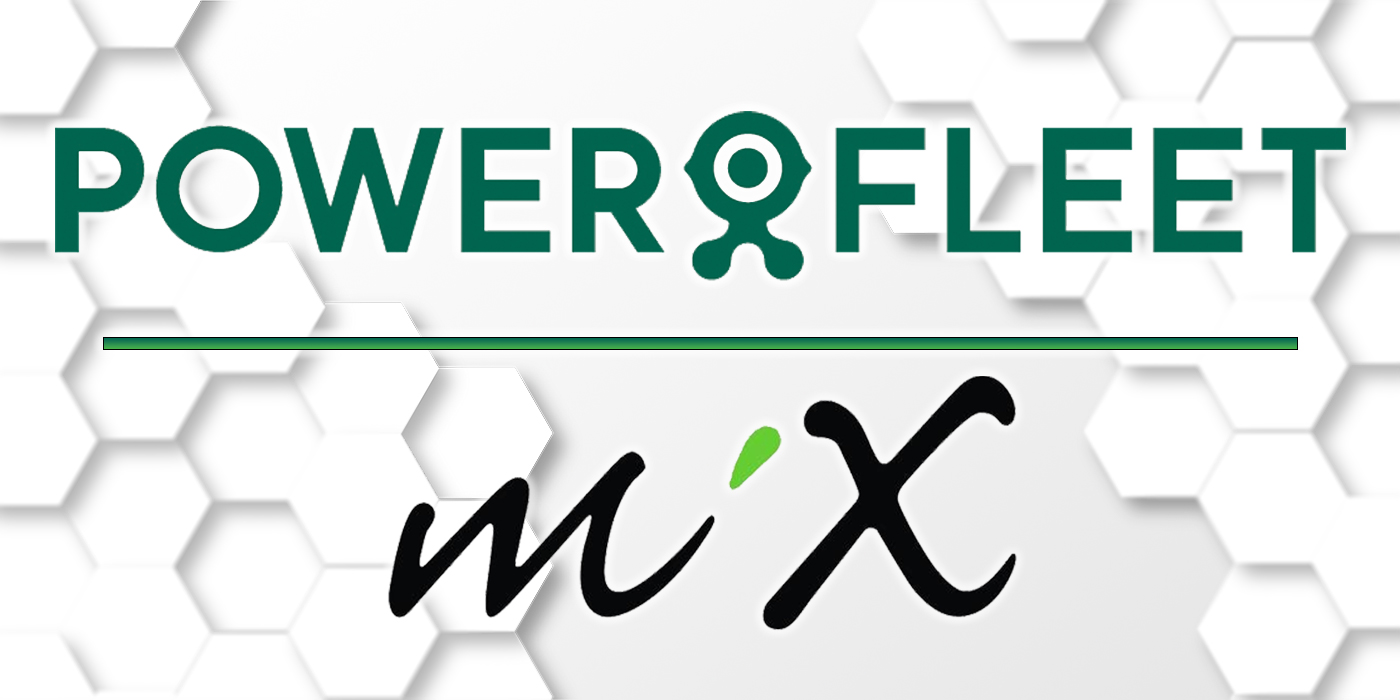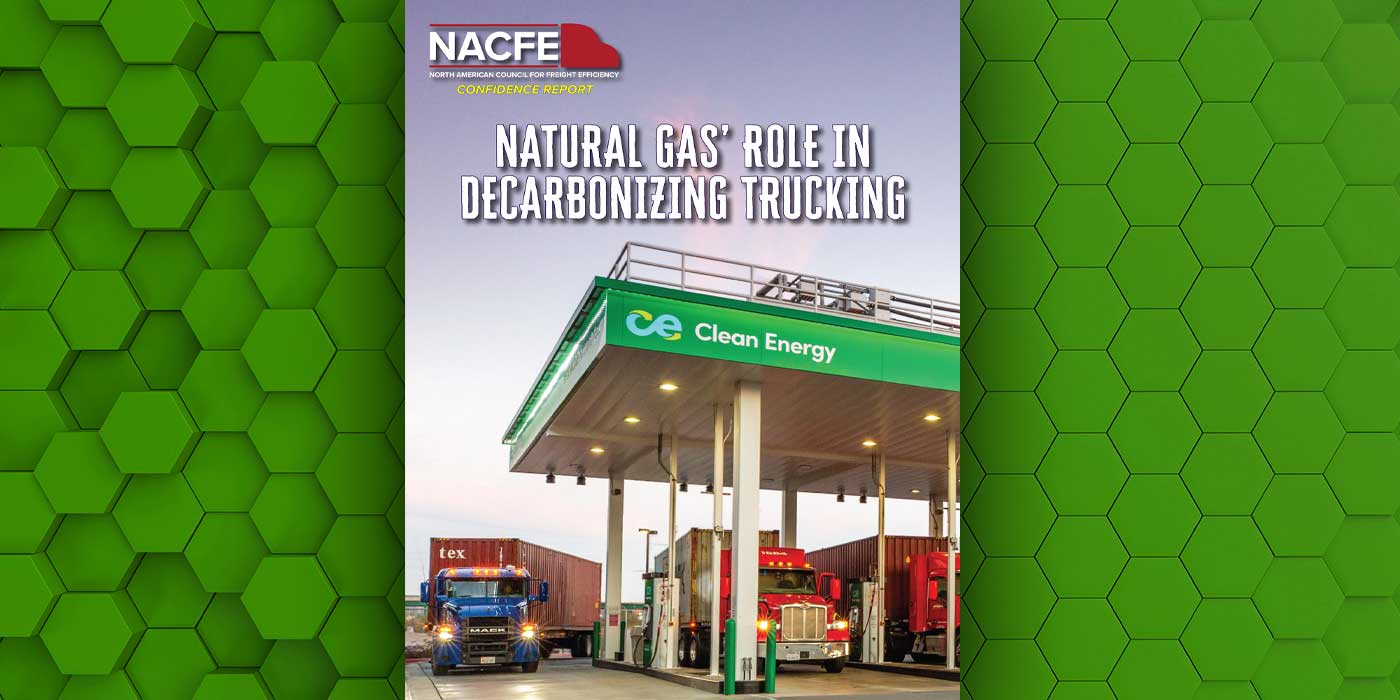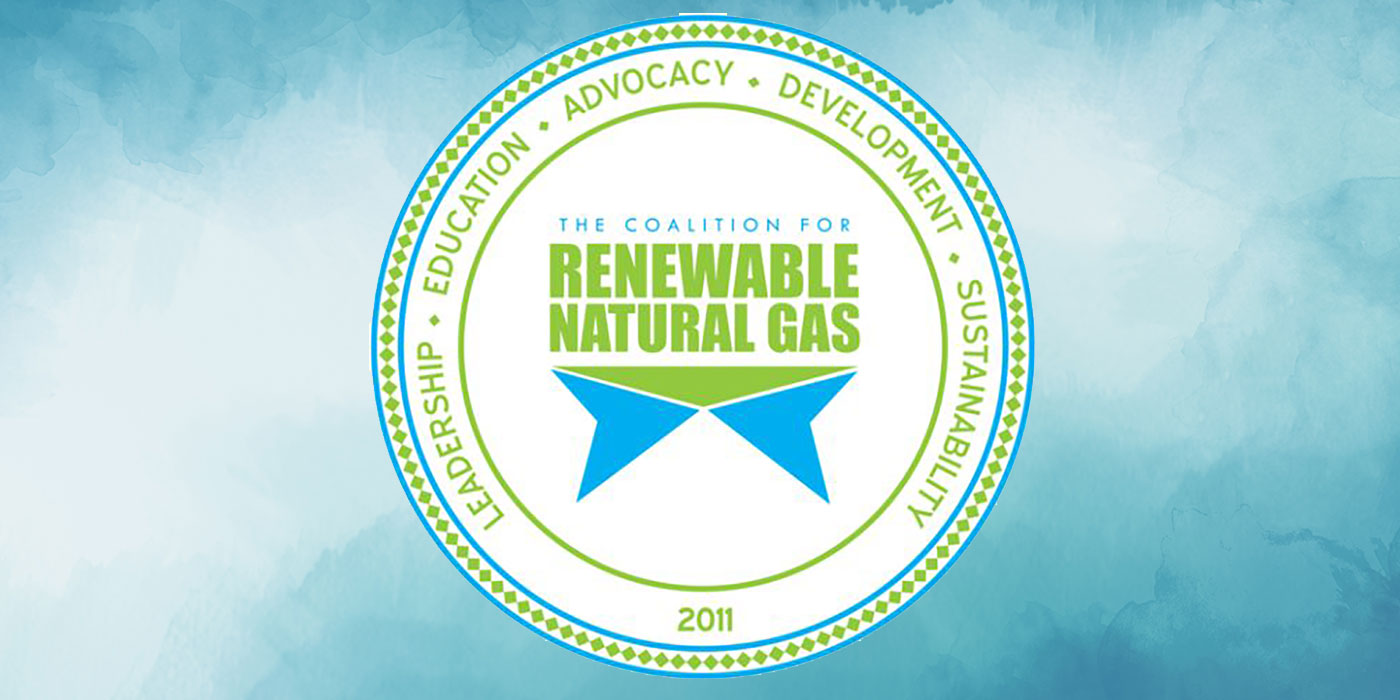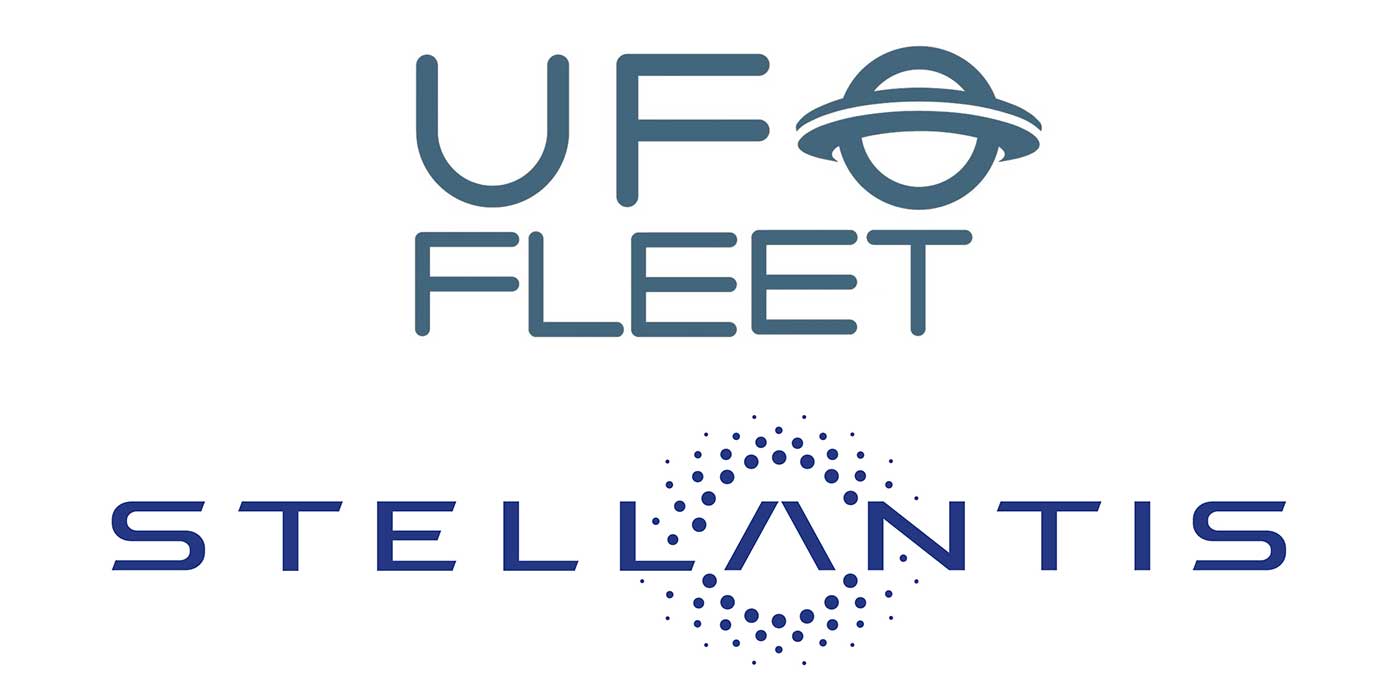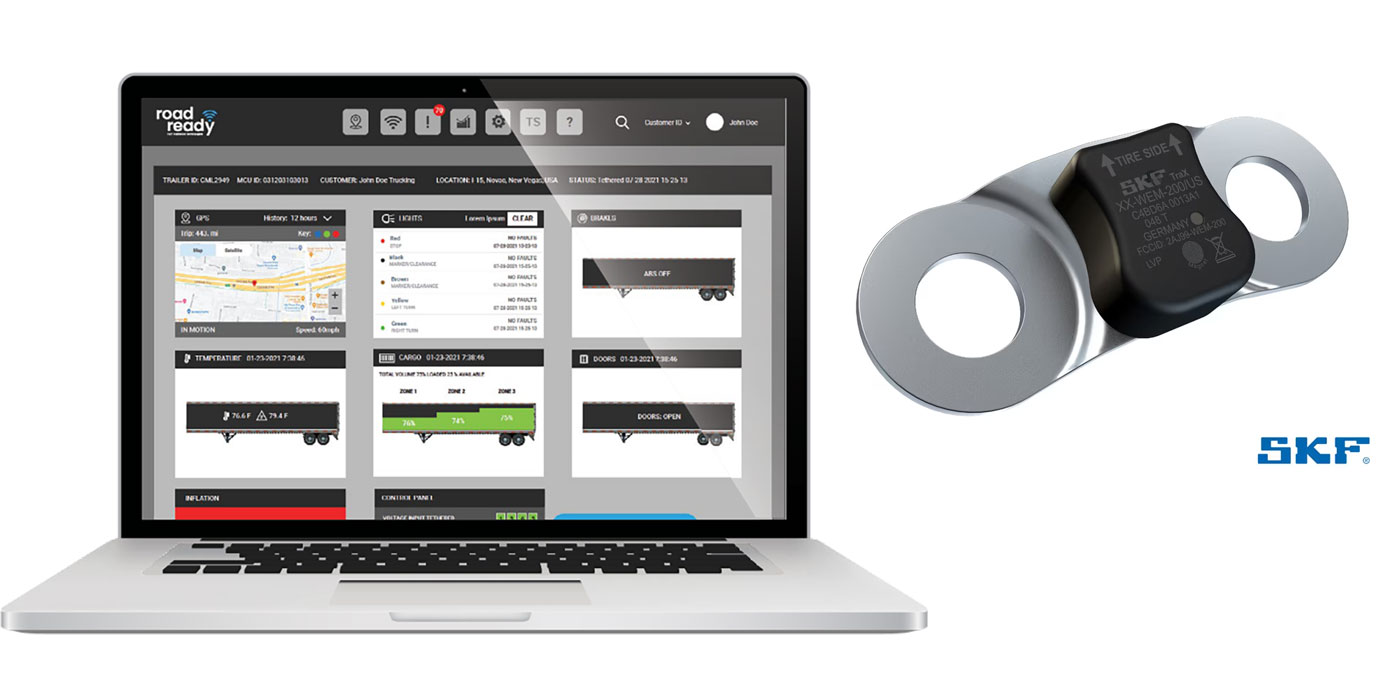Nineteen fleets operating more than 71,000 tractors and 234,000 trailers saw a 1% increase in fuel economy in 2016 by adopting a variety of fuel efficiency technologies, according to the Annual Fleet Fuel Study released by the North American Council for Freight Efficiency (NACFE). This is the ninth year in a row trucking fleets have boosted their fuel economy, according to the study.
Combined, these fleets reached an average fuel economy of 7.11 MPG compared to the U.S. fleet average of 5.89 MPG. While 7.11 is an average fuel economy number of all trucks owned by these carriers, 2017 model trucks operated by those fleets achieved 7.8 to 9.2 MPG with some even approaching 10 MPG. Reaching 7.11 MPG resulted in a combined savings of nearly $500 million or $7,020 per year per truck with fuel at $2.34 a gallon.
While fuel economy improved in 2016 over 2015, it did so at a lower percentage increase than the 3% increase between 2014 and 2015. This is due to a variety of reasons including fleets eliminating some technologies that improved fuel efficiency, low fuel prices resulting in a reduced focus on fuel efficiency, increased speed, older trucks and hotter weather.
Automated transmissions, tire pressure systems, two-speed fan clutches, low viscosity oil and predictive cruise control all saw increased adoption by fleets. Trailer skirt technology had the quickest ramp up to widespread adoption.
The 19 fleets included in the study achieved this high level of fuel efficiency by adopting a combination of 85 currently available technologies and engaging the resources and guidance of Trucking Efficiency, a joint effort of NACFE and Carbon War Room (CWR). The fleets provided their purchasing experience for the 85 technologies for tractors and trailers they procured from 2003 to 2016, providing over 21,000 data points to the NACFE team. In the report, those adoption curves are expanded nearly 30 years into the future, comparing uptake rates to the ones contributed by the United States Environmental Protection Agency’s Regulatory Impact Analysis provided with the final Greenhouse Gas Phase 2 Rule.


